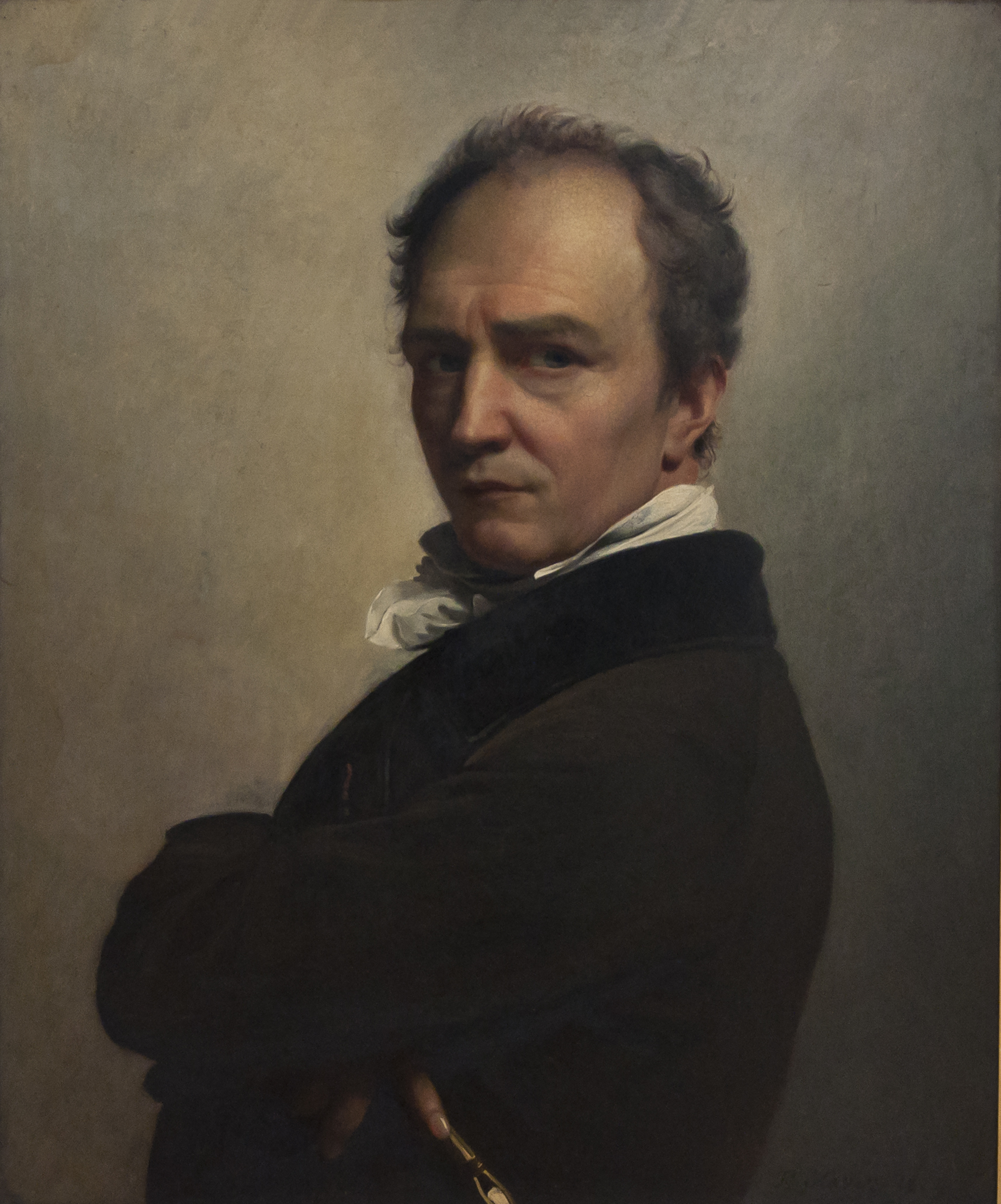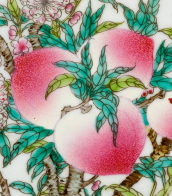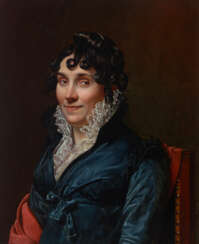françois-joseph navez (1787 - 1869)

François-Joseph Navez was a prominent Belgian painter, acclaimed for his mastery in Neoclassical painting. Born in Charleroi, Navez was a distinguished student of Jacques-Louis David in Paris before returning to Brussels, where he profoundly influenced the Belgian art scene as the director of the Académie Royale des Beaux-Arts from 1835 to 1862.
François-Joseph Navez is best known for his skillful portraiture and his adept handling of historical and religious themes. His works are characterized by their refined execution and the emotional depth of their subjects. Notable works include "The Massacre of the Innocents" and "Saint Veronica," which showcase his ability to convey intense human experiences and spiritual narratives with grace and dignity. These paintings reflect his deep engagement with themes of suffering and redemption, rendered with a compositional finesse that enhances their dramatic impact.
His tenure in Rome from 1817 to 1821 marked a significant period where he absorbed and integrated Italian influences into his artwork, evident in his genre scenes that depict contemporary Romans in a vivid, naturalistic style. "Deux italiennes" is a particularly striking example of this period, celebrated for its intimate portrayal and subtle interplay of light and shadow.
For collectors and experts in art and antiques, François-Joseph Navez remains a figure of considerable interest due to his pivotal role in the Neoclassical movement and his influence on subsequent generations of artists. His works are not only a testament to his individual genius but also provide insight into the broader cultural and artistic currents of 19th-century Europe.
To explore more about Navez's contributions to Neoclassical art or to receive updates on exhibitions and auctions featuring his work, signing up for dedicated newsletters can be an enriching step for enthusiasts and collectors alike.








